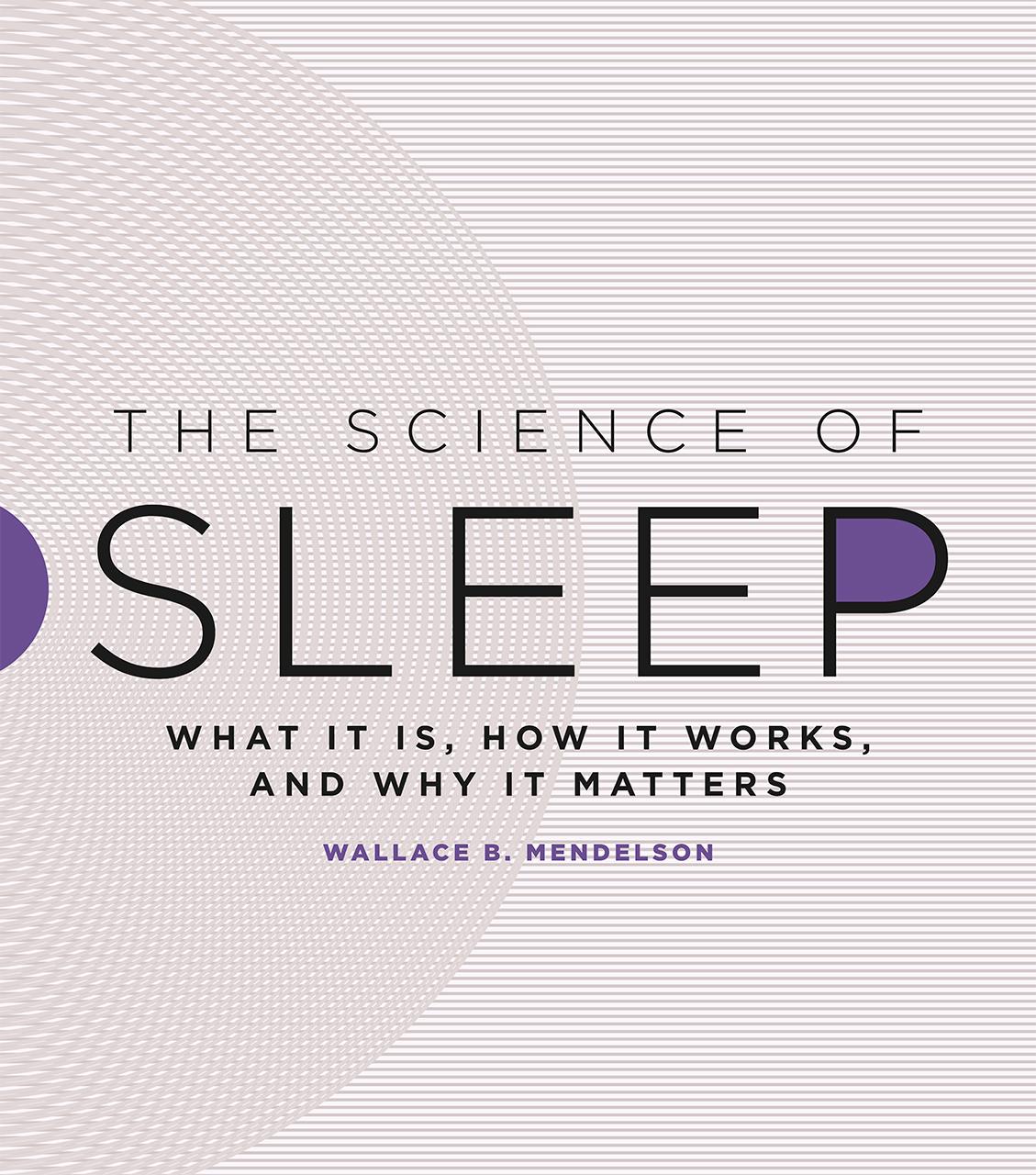In our fast-paced world, where the demands of daily life often overshadow fundamental needs, the value of restful slumber has been relegated to the background. Yet, beneath the silent embrace of night, a powerful process unfolds—one that rejuvenates both body and mind. As science continues to unveil the mysteries of sleep, it becomes increasingly evident that restorative rest is not merely a luxury, but a vital cornerstone of health recovery. This article delves into the intricate relationship between sleep and well-being, exploring how quality rest can catalyze healing, bolster mental clarity, and invigorate overall vitality. Join us on a journey to understand why revitalizing rest is essential in nurturing our health and paving the way for a balanced life.
Understanding the Science of Sleep and Its Impact on Recovery
Sleep, often underestimated, is a complex physiological process crucial for physical and mental recovery. during sleep,the body undergoes various restorative functions,including muscle repair,immune system strengthening,and hormone regulation. These processes are essential not just for athletes but for anyone looking to enhance health and well-being. Key stages of sleep, particularly REM (rapid eye movement) and deep sleep, play meaningful roles in cognitive function and emotional balance, reinforcing the connection between adequate rest and effective recovery.
Factors that can disrupt sleep include stress, poor lifestyle choices, and even screen time before bed. Addressing these elements is vital to maximizing the recovery benefits of sleep. To promote better sleep hygiene,consider the following tips:
- Establish a consistent sleep schedule: Go to bed and wake up simultaneously occurring daily.
- Create a restful surroundings: Ensure your bedroom is dark, quiet, and cool.
- Limit screen exposure: Avoid screens at least an hour before bedtime.
- Incorporate relaxation techniques: Engage in activities like meditation or reading prior to sleep.

Creating a Restful Environment for Optimal Sleep Quality
To foster an atmosphere that promotes restful slumber, attention to detail in your sleep environment is paramount. Start with the temperature of your room; keeping it cool—ideally between 60-67°F (15-20°C)—can significantly enhance your ability to fall and stay asleep. Additionally, consider light levels; investing in blackout curtains or sleep masks will help minimize disruptions caused by external lighting. maintaining a quiet atmosphere can be achieved through soundproofing or the use of white noise machines, creating an uninterrupted sleeping experience conducive to restorative sleep.
Another critical element is the selection of your bedding and furniture. The comfort of your mattress and pillows can play a vital role in sleep quality.Look for items that support your preferred sleep positions, ensuring that your neck and spine are aligned. Here are some essential factors to consider when setting up your sleeping sanctuary:
- Bedding Material: Natural fibers like cotton or linen can improve breathability.
- Pillow Firmness: Adjust based on whether you sleep on your back, side, or stomach.
- Decluttering: A tidy space promotes mental clarity and relaxation.
| Aspect | Ideal Condition |
|---|---|
| Room Temperature | 60-67°F (15-20°C) |
| Light exposure | Minimal with blackout options |
| Noise Level | Quiet or white noise |
| Bedding Type | Natural fibers preferred |

Establishing Sleep Rituals for Enhanced Health Recovery
Creating a sleep ritual is vital for anyone seeking to enhance their health recovery. By establishing a consistent pre-sleep routine, you signal to your body that it’s time to wind down and prepare for restorative rest. consider incorporating practices such as:
- Dim lighting: Soft lights can definitely help promote melatonin production, facilitating easier sleep onset.
- Mindful meditation: Spend a few moments practicing deep breathing or meditation to calm your mind and reduce anxiety.
- Gentle stretches: Engaging in light physical activity can definitely help release tension and relax your muscles.
Additionally,creating an environment conducive to sleep is equally crucial. this involves various elements that collectively contribute to better sleep quality.Some effective strategies include:
- Optimal temperature: Keeping your sleeping area cool, ideally between 60-67°F (15-19°C), can promote better sleep.
- Cozy bedding: Invest in high-quality pillows and mattresses that support your body’s needs.
- Noise reduction: Use earplugs or white noise machines to mask disruptive sounds.

Nourishing Your Body: the Relationship Between Sleep and Nutrition
Sleep and nutrition are intricately linked, forming a synergistic relationship that plays a pivotal role in overall health. Quality sleep is crucial for the body to repair and rejuvenate, influencing various metabolic processes including hunger and satiety. When we skimp on sleep, our bodies might crave unhealthy foods, leading to poor dietary choices. consuming nutrient-dense foods rich in complex carbohydrates, healthy fats, and proteins can enhance sleep quality. Some foods that promote better sleep include:
- Almonds: Rich in magnesium, a natural muscle relaxant.
- Kiwi: Packed with antioxidants and serotonin, contributing to deeper sleep.
- Fatty fish: High in omega-3 fatty acids and vitamin D, which can improve sleep quality.
- Oatmeal: A warm source of carbohydrates that stimulates the production of melatonin.
A well-rounded diet aids in the regulation of sleep patterns, emphasizing the need to avoid heavy or spicy meals close to bedtime. The body’s circadian rhythm can be disrupted by poor food choices or eating late. opting for lighter, easily digestible meals in the evening can lead to a more restful night. Moreover, hydration also plays a significant role, as dehydration can lead to sleep disturbances. Consider a balanced intake of nutrients through a table like the one below to maximize your body’s recovery during sleep:
| Food Item | Nutrient Benefits |
|---|---|
| Bananas | Contains potassium and magnesium for muscle relaxation. |
| Turkey | High in tryptophan,which promotes sleepiness. |
| chamomile Tea | Known for its calming effects and promoting sleep. |
| Spinach | Rich in iron and calcium, essential for muscle recovery. |
To Conclude
as we navigate the complexities of our modern lives, the significance of sleep often remains obscured by our busy schedules and relentless pursuits. Yet, the act of resting is not merely a pause; it is a profound act of self-care that holds the power to revitalize our bodies and minds. By prioritizing restorative sleep, we unlock the pathways to recovery, enabling our immune systems to strengthen, our cognitive functions to sharpen, and our emotional resilience to flourish.As the sun sets and the world quiets,let us embrace the chance to retreat into the sanctuary of sleep and nurture our well-being. Just as a seed needs darkness to germinate,so too do we require rest to grow and heal. May we come to view sleep not as a luxury, but as an essential ingredient in the recipe for a vibrant, healthy life. The journey towards holistic wellness starts with the simple, yet profound choice to honor our need for rest. In this age of constant motion, let us pause, breathe, and allow sleep to guide us toward recovery and renewal.





Leave a Reply